MR. JONES, effectively staged by veteran director Agnieszka Holland, depicts the true story of the revelation of Stalin’s famine — The Holodomor — to the Western world as it follows reporter Gareth Jones (a likable James Norton) on his journey into the heart of the Soviet Union. A chilling portrait of bureaucratic evil, the film is at its best in championing the importance of objective investigative journalism. Yet, its narrow focus and odd emphasis make it feel like a missed opportunity.
Upon arrival, Jones faces Western decadence running rampant in Moscow, embodied by the conniving Walter Duranty (Peter Sarsgaard). Replete with lavish sex parties and endless power, Duranty reigns in a smoke screen orchestrated by the Russians to keep outsiders at bay. It’s not long before Jones discovers anyone who steps out of line is either arrested or killed. Aided by the fiery Ada Brooks (a wasted Vanessa Kirby), he soon finds himself on a train headed deep into Ukraine and the horrors that await there.
This part of the film works best, as Holland lets the stilted dialog take a back seat. Instead, it’s wordless storytelling that explores the full extent of the famine that wiped out millions. Yet, even then, the film can’t resist an easy cliché as it resorts to creepy singing children to amplify the unease — as if uncertain that genocide isn’t enough. There’s a horrifying scene involving an orphaned family resorting to extreme measures to survive, and I can’t help but feel it’s the only punch the film doesn’t pull. And it’s not like director Holland doesn’t have the experience in realistically depicting harsh environments; her work on the genre-defining THE WIRE remains a series high point.
It’s not the research that is the problem, but the emphasis squarely placed on the saintly shoulders of Gareth Jones. An important figure in reality, Jones’ work on exposing the desolation remains a watershed moment for journalism. Truth in the face of adversity, no matter the cost. But depicted in the film, Jones lacks the drive of his real counterpart. As performed by Norton, Jones is an endlessly polite, socially awkward, naive young man. It’s insinuated that his experiences in witnessing the famine — to which he is merely an observer — are what fuel him as a reporter later in life. That may be the case, but it’s an unfortunate emphasis that makes the genocide of millions a mere stepping stone for a Western protagonist’s personal growth.
The framing device does the film no favors. Set some fifteen years later, it depicts a reclusive George Orwell, inspired by Jones’ work, writing the first draft of ANIMAL FARM. It’s a bizarre bridge to build, as the two never met in real life, and Orwell wrote the story as a response to his experiences in the Spanish Civil War. To mix the two obfuscates history in a way that robs both of their power.
You might ask why such historical accuracy matters. Surely it's enough that we now talk about these things. And you wouldn’t be wrong; there is innate necessity and importance to MR. JONES.
Today, with misinformation running rampant, a film championing investigative journalism is all the more timely. But it’s precisely because of current affairs that they need to be honest as well. There are choices in MR. JONES that feels baffling. What good does a fictional romance in the film achieve? Why bring in an actress of Kirby’s caliber only to relegate her to window dressing? Is it a biopic, a meditation on shared blame, or even a historical thriller about the famine? It certainly touches all of them but refuses to pick one, leaving them unexplored beyond the surface.
In simplifying the denial Jones faced upon return, the film allows unearned emotional gratification in its denouement. By pinpointing just one or two scapegoats as the villains, we rob ourselves of the ability to confront systemic oppression at home and abroad. Jones wasn’t smothered by a former employer or a cartoonish villain in Russia; but by an entire class of intelligentsia, including people passed down in history as great artists and thinkers. They’re not mentioned in the film. Instead, Jones’ legacy is carried on by an author he never met. But George Orwell is the recognizable name, and ANIMAL FARM comes with the prestige that lends the film credibility.
Despite this, MR. JONES remains worthwhile viewing, if only because of the subject. It remains compelling, even as the seams of its limited budget are visible at times. Norton, Jones, and Sarsgaard are terrific in their parts, though only Norton grows from an idea into a person. The second half of the film, set in Ukraine, is magnificent in its sorrow.
What’s there is easy to like. It’s the things left out that remain a nagging what-if of a much better film. Visible, but just out of reach.


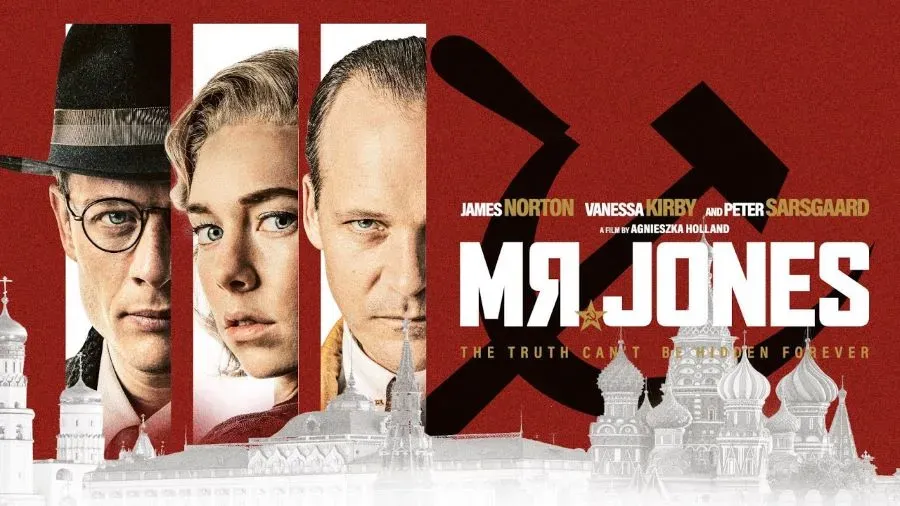
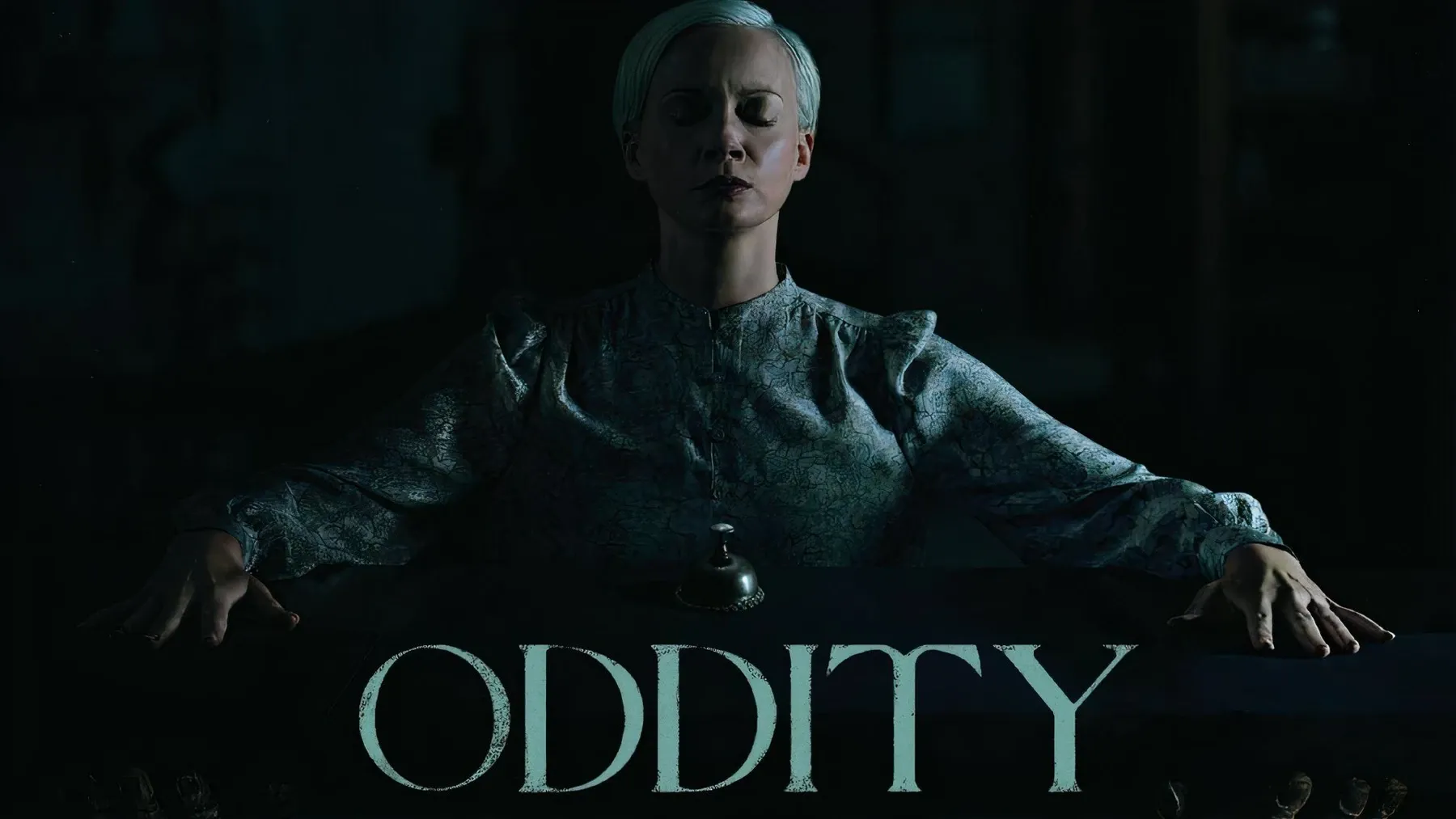

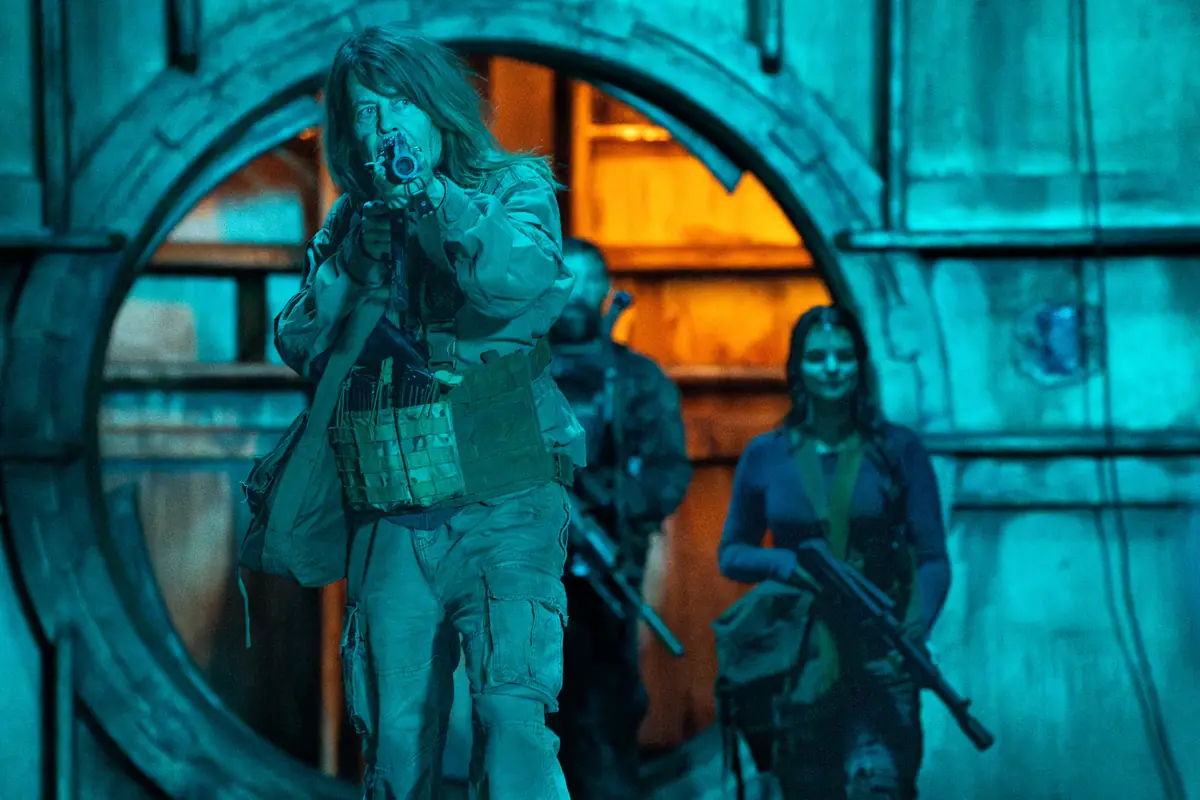

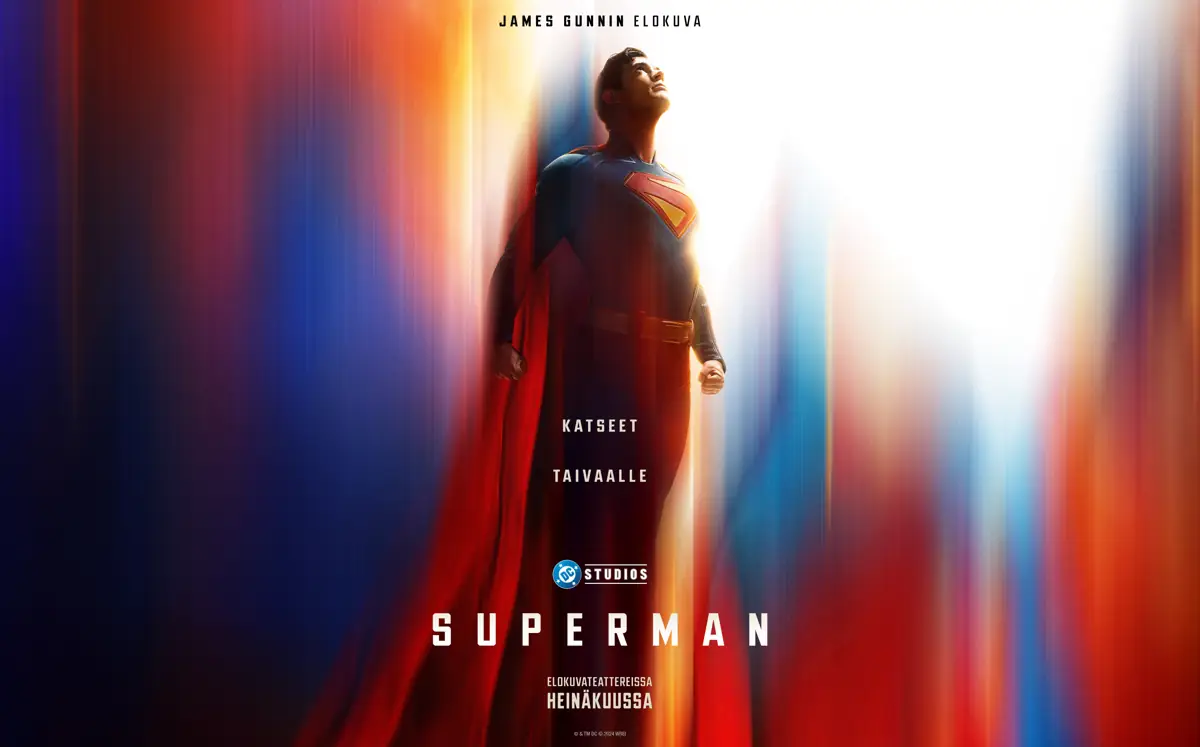


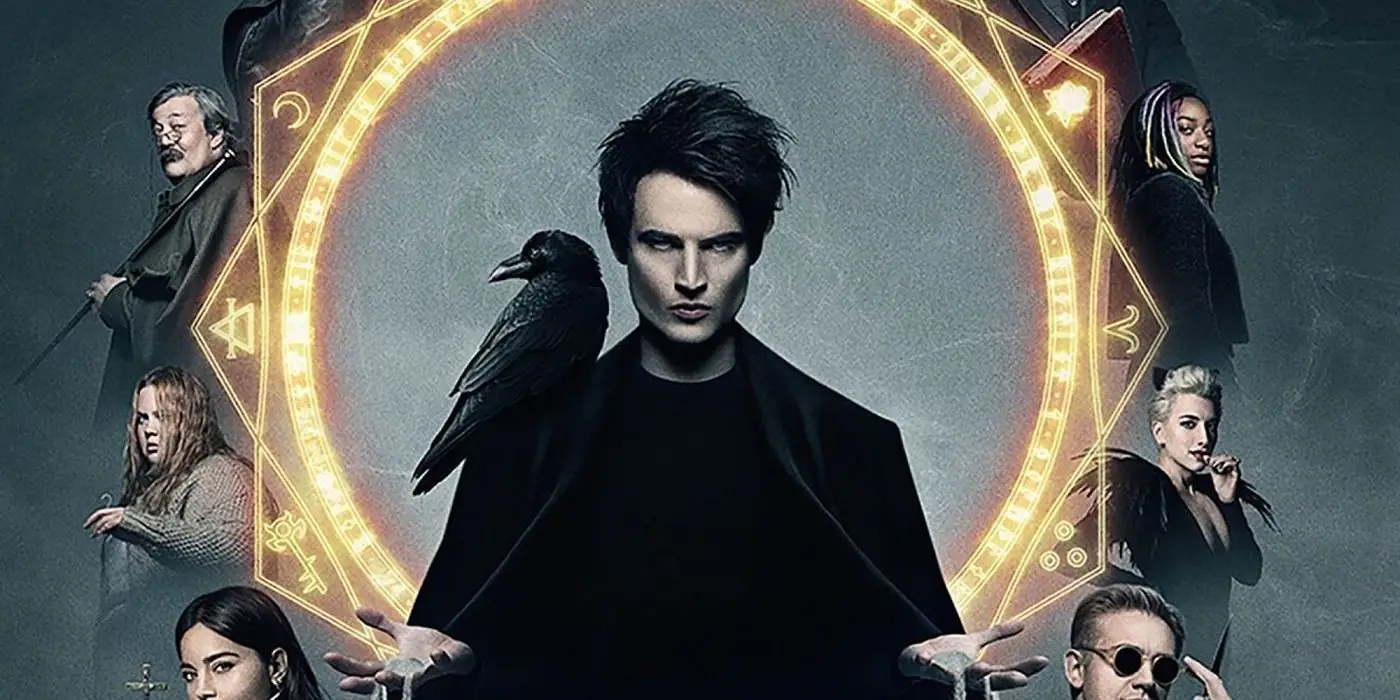
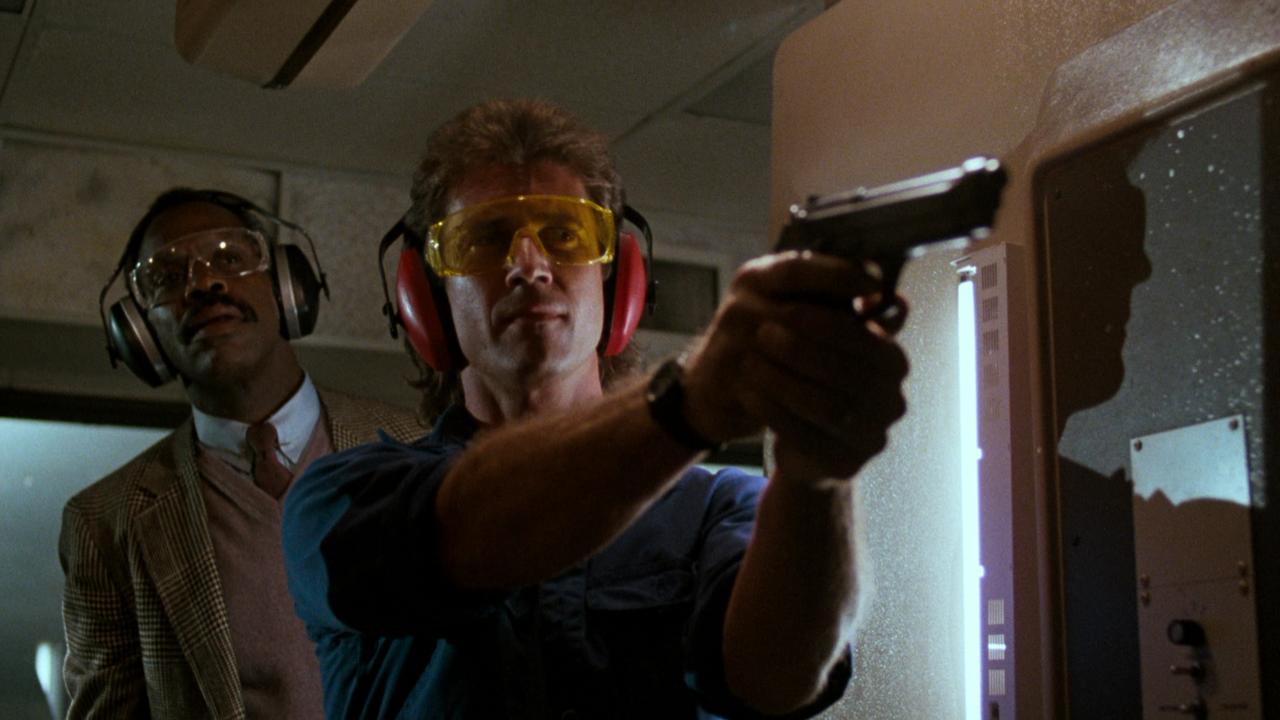


Discussion